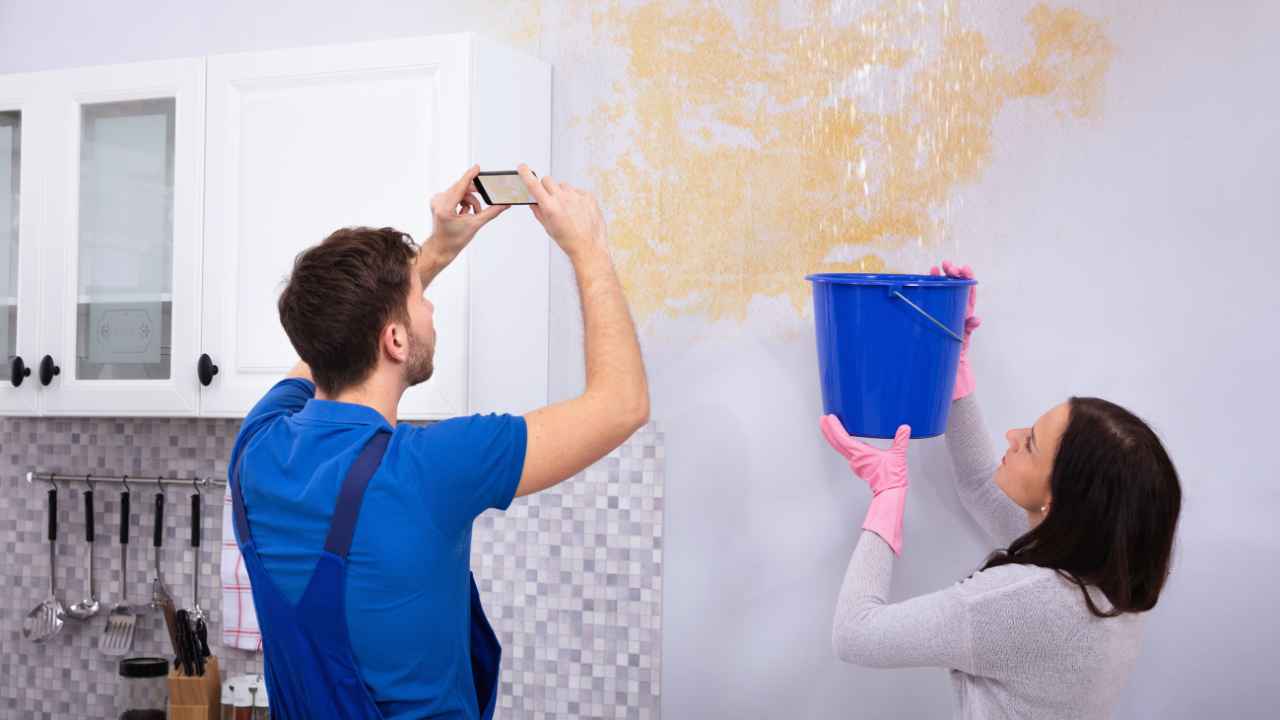Understanding Water Damage Restoration Costs in Grand Prairie
Water damage restoration is an essential service that many homeowners in Grand Prairie may need at some point. Whether it’s due to a burst pipe, flooding, or a malfunctioning appliance, understanding the costs associated with water damage restoration can help you make informed decisions. In this blog post, we will break down the factors influencing the cost of restoration, typical pricing, and what to expect during the process.
Factors Influencing Water Damage Restoration Costs
The cost of water damage restoration can vary significantly based on several factors:
- Extent of Damage: The severity of the water damage directly influences overall costs. Categories of water damage include:
- Category 1: Clean water from a broken pipe or faucet.
- Category 2: Grey water that may contain contaminants, such as from a dishwasher or washing machine.
- Category 3: Black water, which is highly contaminated, such as sewage or floodwater.
- Type of Materials Affected: Different materials have varying costs for repair or replacement. For example, drywall may need replacing, while hardwood floors might be salvageable with proper drying.
- Location of Damage: The area where the damage occurs can also affect costs. Attics and basements may require additional labor and equipment to access and remediate.
- Timeframe for Restoration: Immediate response often mitigates further damage, but if repairs are delayed, costs may increase due to mold growth or structural issues.
- Labor Costs: Hiring a professional restoration company in Grand Prairie incurs labor costs, which can vary based on the company’s expertise and the complexity of the job.
Average Costs for Water Damage Restoration in Grand Prairie
The costs for water damage restoration can range widely. Below is a general breakdown of what homeowners might expect to pay:
- Inspection and Assessment: $200 – $500
This fee typically covers a professional’s visit to evaluate the damage and recommend a restoration plan. - Water Extraction: $1,000 – $3,000
This process involves removing excess water using pumps, vacuums, and specialized equipment. - Drying and Dehumidification: $500 – $3,000
After extraction, drying the area properly is crucial. This cost includes the use of fans and dehumidifiers. - Repairs and Replacements: $1,500 – $5,000
This can include replacing drywall, flooring, and other elements that may have been damaged. - Mold Remediation: $500 – $4,000
In cases of severe water damage, professional mold removal may be necessary to ensure safety and health.
Overall, homeowners in Grand Prairie might expect to spend anywhere from $1,000 to over $10,000 depending on the aforementioned factors. It’s always best to receive multiple quotes and ensure the chosen service is licensed and insured.
What to Expect During the Restoration Process
Understanding the water damage restoration process can help set expectations for homeowners:
- Initial Contact: The process begins with contacting a restoration company. They will gather details to assess the urgency of the situation.
- Inspection: A professional will visit your property to assess the damage and provide a written estimate.
- Water Removal: The team will begin removing standing water using industrial-grade pumps and vacuums. The quicker this step is done, the lesser the damage will be.
- Drying and Dehumidification: After the water is removed, air movers and dehumidifiers are used to dry the area and prevent mold growth.
- Repairs: This includes any necessary repairs to restore your home to its pre-damage condition, including the replacement of damaged materials.
- Final Check: A final inspection is conducted to ensure that the restoration is complete and the area is safe.
Preventing Future Water Damage
While water damage restoration can be costly, there are preventive measures homeowners can take to avoid significant damages in the future:
- Regular Inspections: Regularly inspect plumbing systems, appliances, and roofing to detect any potential issues before they escalate.
- Maintain Gutters: Ensure that gutters are clear of debris to prevent overflow and water pooling around the foundation.
- Install Sump Pumps: In flood-prone areas, sump pumps can help manage excess groundwater.
- Monitor Humidity Levels: Using dehumidifiers in high-humidity areas can minimize moisture buildup.
- Know Your Water Main: Familiarize yourself with the location of your water main to quickly shut it off in case of a major leak.
Conclusion
Water damage restoration costs in Grand Prairie can vary widely based on numerous factors, including the extent of the damage, type of materials affected, and the thoroughness of the restoration process. Homeowners should prioritize quick action to minimize costs and consider preventive measures to safeguard their properties. Always consult with professional restoration services to ensure a comprehensive and effective restoration process.

